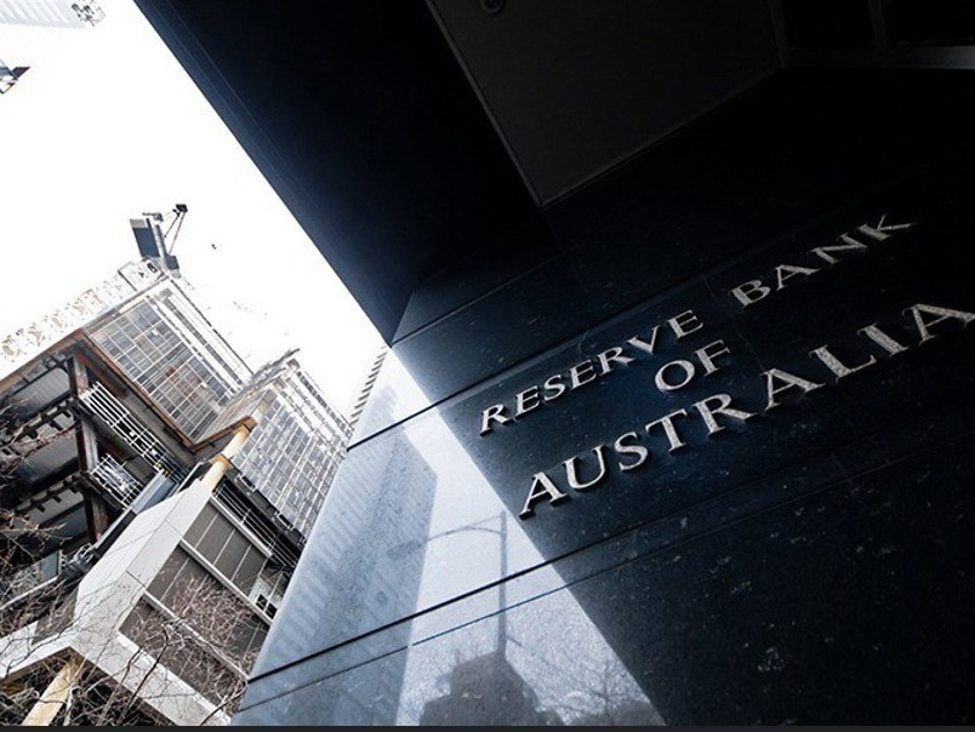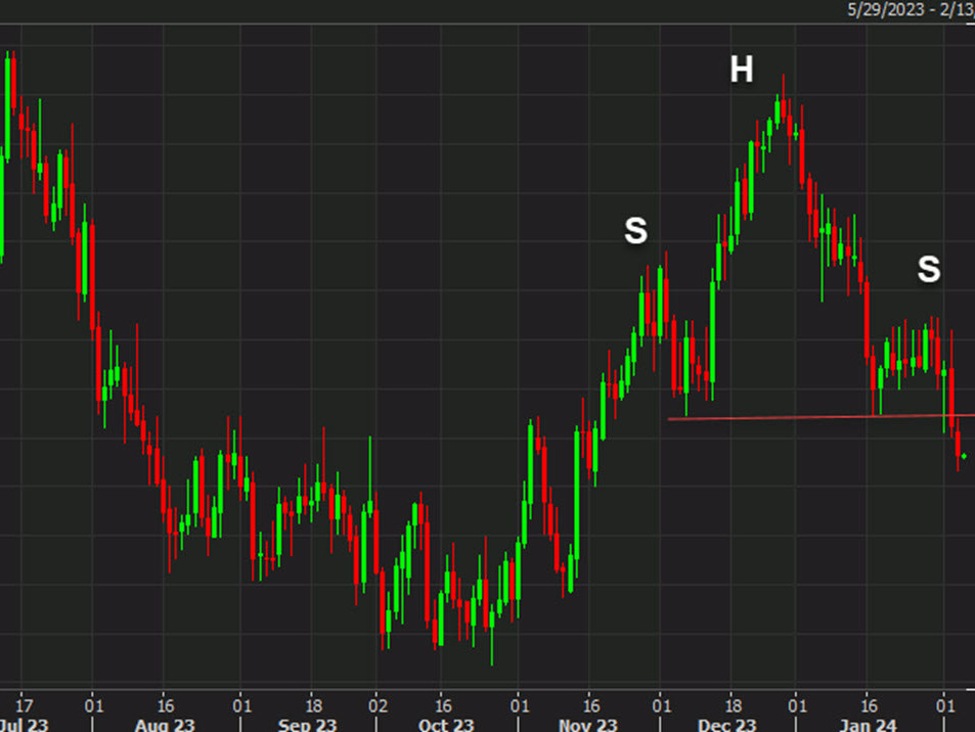Westpac says Australia’s banking regulator’s new cap on high debt-to-income mortgage lending is a pre-emptive attempt to cool emerging risks in the housing market, but adds that the measure is unlikely to bind across the system — even if it squeezes certain borrowers at the margin.
APRA (Australian Prudential Regulation Authority, the national regulator responsible for supervising banks, credit unions, insurers and superannuation funds to maintain the stability and safety of Australia’s financial system) this week introduced a limit on the share of new mortgages where total debt is six times or more the borrower’s income. Westpac notes that although lenders will still be able to issue some large loans, and the cap is not restrictive for the market overall, it is likely to have “distributional effects,” particularly for investors and younger buyers who rely more heavily on high-DTI borrowing.
The bank says the timing is proactive, arguing that parts of the housing market may already be losing momentum. But Westpac also highlights the limitations of macroprudential controls, which can temper riskier lending but struggle to contain broader price dynamics.
Importantly, Westpac views the move as slightly dovish for monetary policy. With tighter macroprudential settings now in place, the case for using interest rates to lean against housing strength is weaker, potentially giving the RBA a little more room to ease when conditions allow.
(bolding above is mine, and underlining … the high CPI will negate much dovishness from this.)















